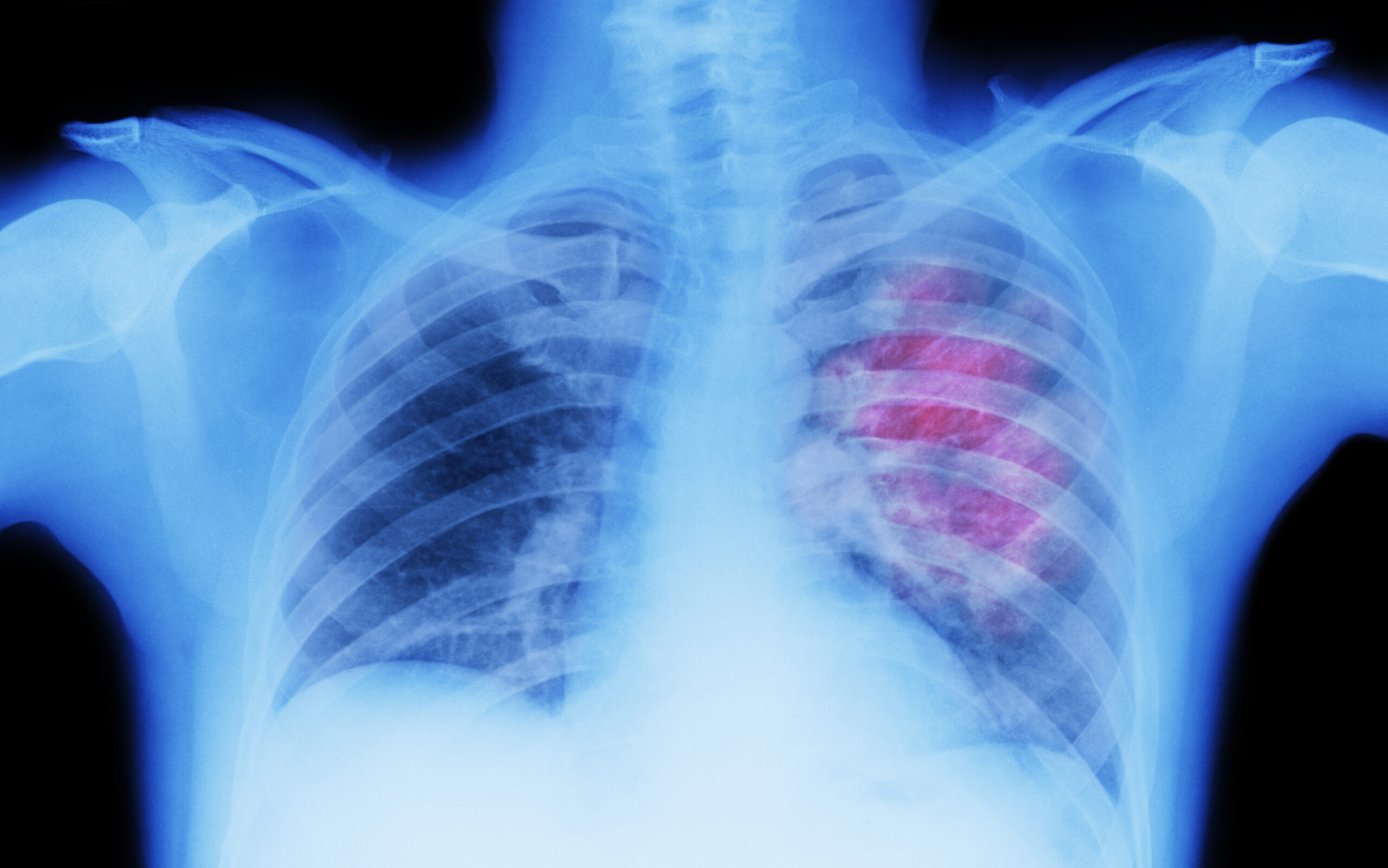What Are the Most Effective Treatments for Stage 4 Lung Cancer?
Although stage 4 lung cancer is advanced, many treatments help control the disease and improve life quality.

Stage 4 lung cancer is the most advanced form of the disease. It means the cancer has spread to distant parts of the body, such as the bones, liver, or brain. While this stage cannot usually be cured, several treatments help manage symptoms, slow the cancer’s growth, and improve quality of life.
Understanding Stage 4 Lung Cancer
At this stage, lung cancer has reached one or more distant organs. It may also involve fluid around the lungs or heart. Some people are diagnosed at this stage, while others reach it after earlier treatments. The focus of treatment is no longer to cure but to extend life and reduce discomfort.
Treatment Options for Stage 4 Lung Cancer
There are several medical approaches available to help manage Stage 4 Lung cancer treatments. The choice of treatment often depends on the type and spread of the disease. Common options include:
Chemotherapy
Chemotherapy remains a common treatment for advanced lung cancer. It uses drugs that kill cancer cells or stop them from multiplying. These drugs are usually given by IV in cycles. Chemotherapy can help shrink tumors, relieve symptoms like coughing or pain, and improve survival. It may be used alone or with other treatments.
Targeted Therapy
Some patients have specific gene mutations in their cancer cells. Targeted therapy works by attacking these changes directly. These treatments often come in pill form and can work well with fewer side effects than chemotherapy.
Immunotherapy
Immunotherapy helps the body’s immune system recognize and fight cancer. These medicines, often given through an IV, block proteins that cancer uses to hide from immune cells. Patients without gene mutations but with certain protein levels (PD-L1) may benefit most. It’s often used alone or with chemotherapy.
Radiation Therapy
Radiation uses high-energy beams to target tumors. Stage 4 may not treat all cancer areas but can be useful for specific symptoms.
Palliative Care and Support
Palliative care focuses on comfort, not cure. It can include pain management, counseling, breathing support, and help with eating or sleep. It’s often used with other treatments to improve overall well-being. Some people think palliative care is only for the final days, but it can begin early and be part of a full treatment plan.
Factors That Influence Treatment Decisions
Not all Stage 4 lung cancer treatments work the same for everyone. Doctors consider several factors before recommending a treatment plan, including:
- Type of lung cancer: Whether it is a small cell or non-small cell lung cancer.
- Genetic mutations: Presence of specific gene changes like EGFR, ALK, or ROS1.
- Age of the patient: Older adults may need different approaches due to tolerance levels.
- Overall health condition: Other medical problems, like heart disease or diabete,s can affect treatment choices.
- Physical strength and activity level: A person’s ability to handle certain treatments matters.
- Personal goals and lifestyle preferences: For example, the desire to remain at home or stay active in daily life.
Conclusion
Although stage 4 lung cancer is advanced, many treatments help control the disease and improve life quality. Chemotherapy, targeted therapy, immunotherapy, and radiation can be combined or used alone based on the patient’s condition. Palliative care also plays a key role. With the right treatment plan, patients can experience relief, support, and more meaningful time with loved ones.







